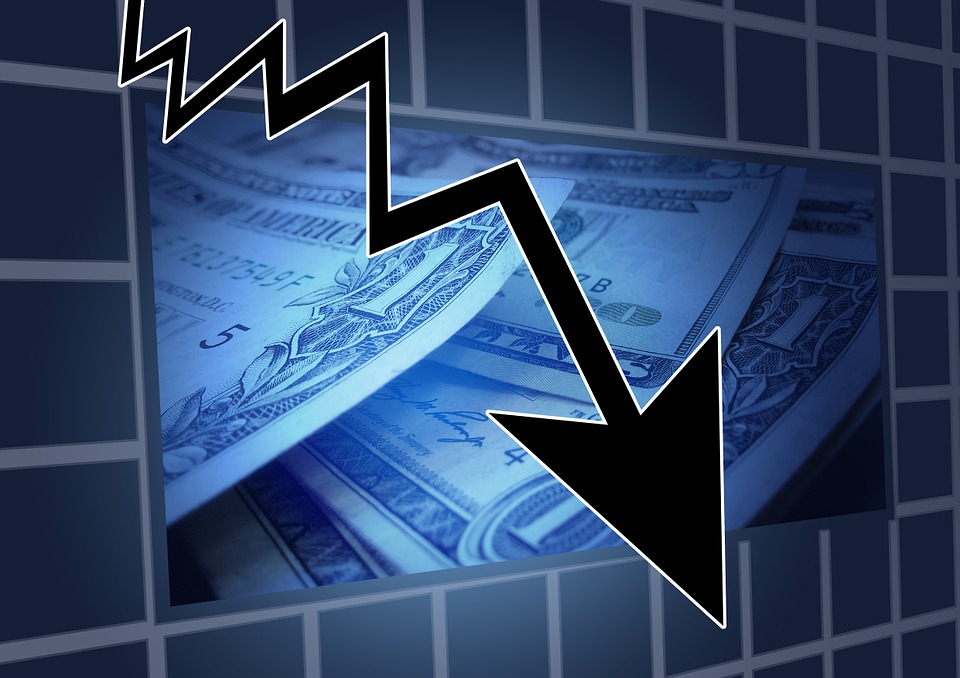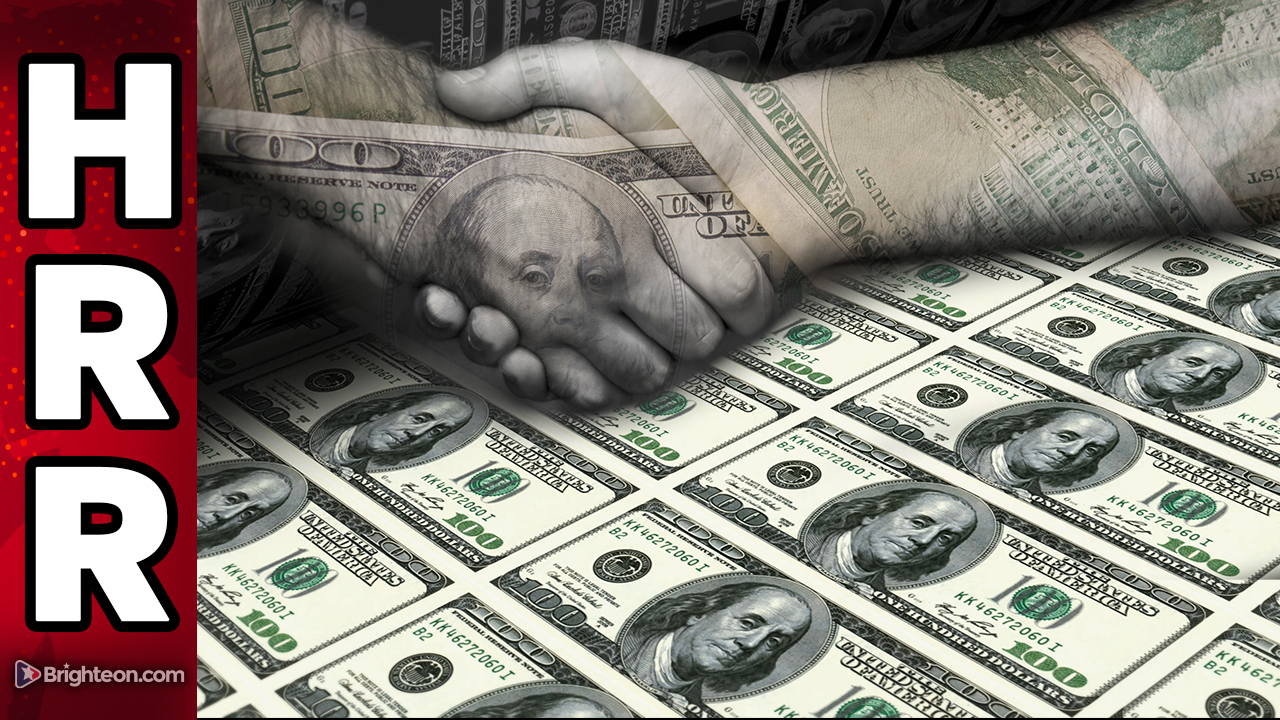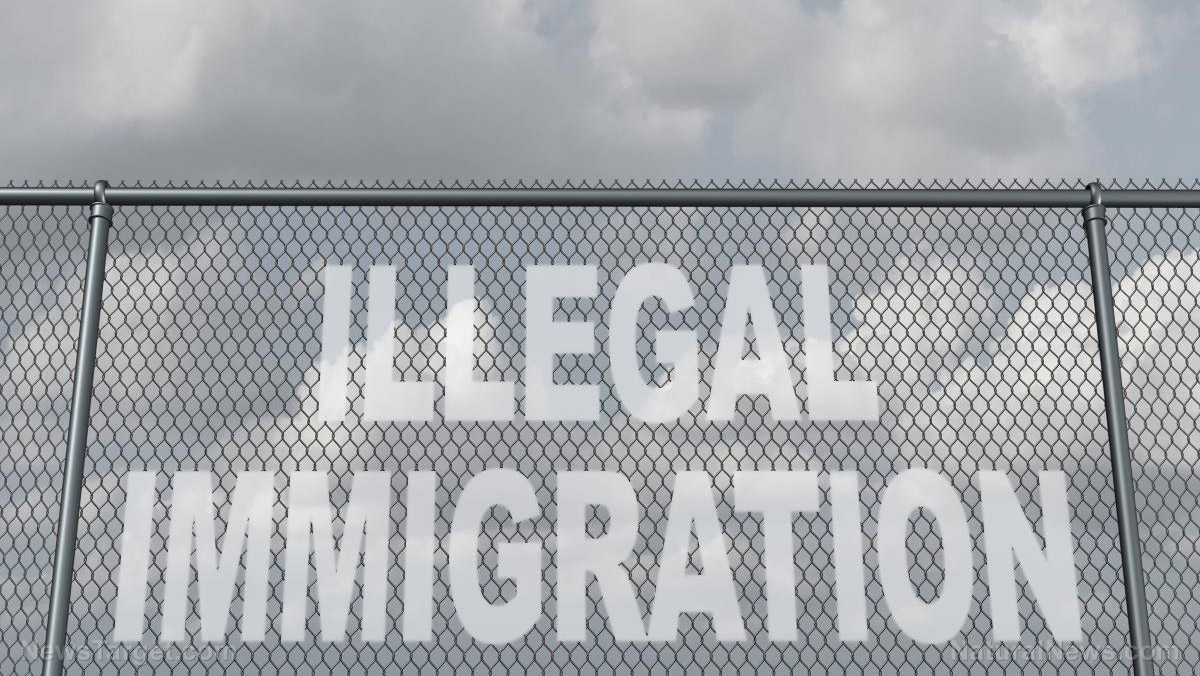Fallout from SVB collapse spreads around the world as global economic system teeters
03/15/2023 / By JD Heyes

The financial fallout from the collapse of Silicon Valley Bank late last week is now reverberating around the world, putting the global economy at risk of collapse.
Startup founders in California’s Bay Area are growing increasingly anxious about their ability to secure funding and pay employees. The contagion fears have spread to countries such as Canada, India and China. In the UK, SVB’s unit is on the brink of insolvency, having already ceased trading and suspended new customer sign-ups. In response to this crisis, around 180 tech company leaders penned a letter to U.K. Chancellor Jeremy Hunt on Saturday, urging him to take action, according to Bloomberg News.
“The loss of deposits has the potential to cripple the sector and set the ecosystem back 20 years,” they noted in the letter, which was seen by Bloomberg. “Many businesses will be sent into involuntary liquidation overnight.”
The ramifications of SVB’s potential collapse will extend beyond the United States. The bank had branches in several other countries, including China, Denmark, Germany, India, Israel and Sweden, and many founders are concerned that its failure could spell disaster for startups across the globe unless the government steps in to offer assistance. Meanwhile, SVB’s joint venture in China, SPD Silicon Valley Bank Co., has been attempting to reassure its clients that operations have remained stable and independent, noted the outlet.
“This crisis will start on Monday [March 13] and so we call on you to prevent it now,” U.K. startup founders and chief executive officers noted in the letter to Hunt. They listed companies Uncapped, Apian, Pockit and Pivotal Earth in their letter.
Bloomberg noted further that the economic secretary to the Treasury held a roundtable discussion with affected firms later in the day after Hunt spoke with the governor of the Bank of England about the situation on Saturday morning, March 11.
“Underscoring the challenge governments face in getting a handle of the full extent of the fallout: The U.K. Treasury has begun canvassing startups, asking how much they have on deposit, their approximate cash burn and their access to banking facilities at SVB and beyond, two people familiar with the matter said, asking not to be identified because the information isn’t public. Treasury declined to comment on the survey,” the outlet added.
“Founders were anxiously awaiting the outcome of the roundtable and any information about how their deposits at the bank would be handled. Toby Mather, CEO of U.K.-based education software startup Lingumi, has 85 percent of his company’s cash in SVB. He tried to transfer some of his accounts, but as of Saturday evening, he wasn’t sure whether that worked.”
Last weekend, Jack O’Meara, the founder of Ochre Bio, a genomics startup in London, attempted to transfer his company’s deposits out of SVB, but was unable to do so, according to Bloomberg. “If there is no intervention, it could really wipe out a generation of entrepreneurial companies,” he said.
Like in the U.S., certain SVB deposits in the U.K. are insured, but it remains unclear when those funds will be made available, said the report. However, the bigger worry for startup leaders is that the potential collapse of SVB could significantly impede future funding from venture capital into the U.K., where businesses are already grappling with the effects of Brexit.
Tech leaders in Asia are also assessing the potential implications of SVB’s possible collapse. At a Wharton alumni gathering in the Shangri-La in Singapore, financiers and entrepreneurs discussed the fallout, while startup founders and investors at a conference in Mumbai could talk about little else, said the report.
Sources include:
Submit a correction >>
Tagged Under:
Asia, big government, Bubble, chaos, Collapse, debt bomb, debt collapse, economic riot, economy, failed bank, finance riot, financial insitution, global collapse, global economy, global markets, intervention, market crash, money supply, panic, risk, Silicon Valley Bank, SVB, UK
This article may contain statements that reflect the opinion of the author
RECENT NEWS & ARTICLES
COPYRIGHT © 2017 NATIONAL DEBT NEWS



















